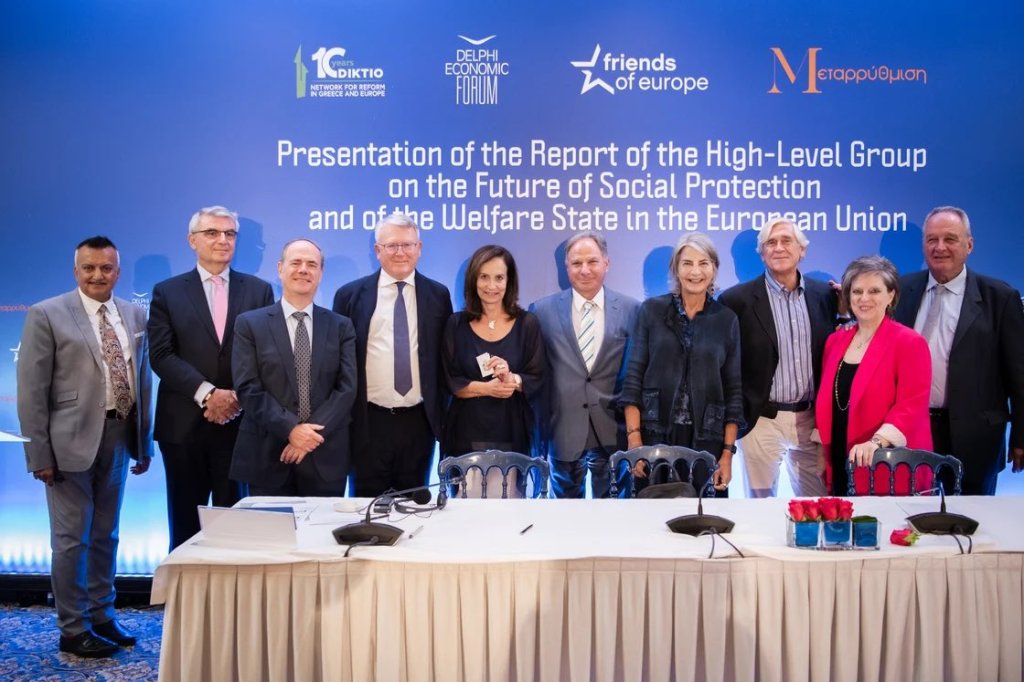
The Handbook on Welfare State Reform edited by Bernhard Ebbinghaus and Moira Nelson is now published by Elgar; it combines 28 chapters by experts discussing theories, methods, policy areas and societal trends relevant for studying welfare state reforms.
Ebbinghaus, Bernhard and Moira Nelson (eds.): Handbook on Welfare State Reform, Cheltenham, UK: Edward Elgar, August 2025, Elgar Handbooks in Social Policy and Welfare series, ISBN: 978 1 83910 879 2 (cased) / 978 1 83910 880 8 (eBook)
[Introduction and Table of Contents], 442 pages [discount flyer]
This comprehensive Handbook examines the capacity of advanced welfare states to adapt to sustained pressures and unforeseen crises. It explores the enduring relevance of established frameworks in explaining welfare state change as well as their effectiveness in addressing essential areas for reform.








